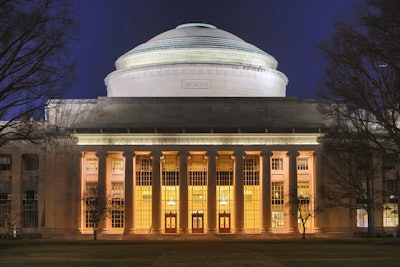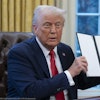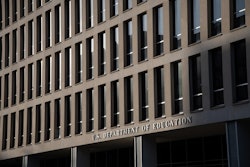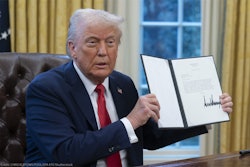
The unprecedented move, delivered via letters signed by Education Secretary Linda McMahon and other senior officials, presents a 10-page "compact" that outlines sweeping requirements affecting tuition pricing, international student enrollment, gender policy, and campus speech.
The compact mandates that participating institutions freeze tuition rates for five years, place restrictions on international student enrollment, and adopt administration-approved definitions of gender. Universities must also commit to preventing any policies that the administration characterizes as punishing conservative viewpoints.
The nine institutions that received letters on Wednesday include Dartmouth College, Brown University, Massachusetts Institute of Technology, University of Southern California, University of Arizona, University of Virginia, University of Pennsylvania, University of Texas, and Vanderbilt University.
According to The New York Times, May Mailman, the White House's senior adviser for special projects and a letter signatory, indicated the administration remains open to dialogue with contacted universities. "We hope all universities ultimately are able to have a conversation with us," Mailman stated.
The demands represent a significant threat to institutional autonomy and could have far-reaching implications for diversity, equity, and inclusion efforts on college campuses. The restrictions on international student enrollment raise particular concerns about the future of global education exchange and the presence of international scholars who contribute substantially to research and campus diversity.
The administration's approach effectively creates a two-tiered system where compliance brings preferential treatment in federal grant competitions. As one senior White House official told The Washington Post, universities would technically remain eligible for grants, but compliant institutions would gain a "competitive advantage."














